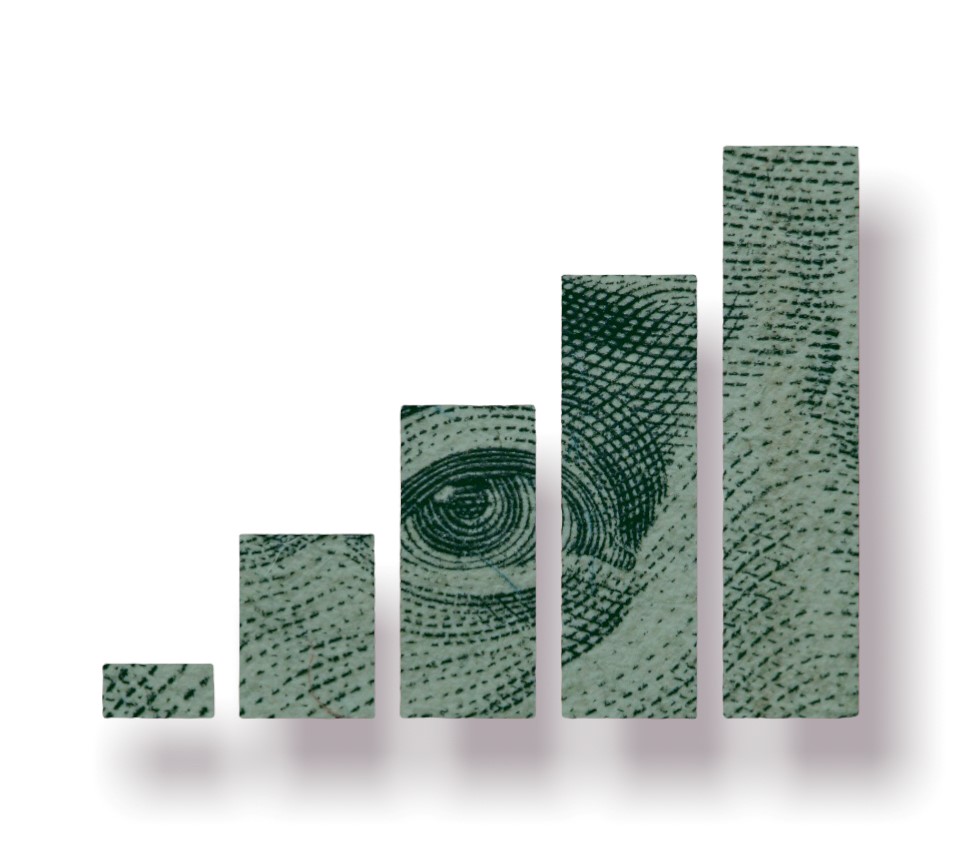A credit score is a numerical representation of your creditworthiness, indicating how likely you are to repay borrowed money.
A credit score typically ranges from 300 to 850. Credit scores are calculated based on various factors such as your payment history, amounts owed, length of credit history, types of credit used, and new credit accounts. The exact formulas used by credit scoring companies like FICO or VantageScore are proprietary, but these factors generally play significant roles.
Different credit scoring models may have slightly different ranges, but generally, the higher the score, the better your creditworthiness.
- FICO Score: A score between 670 and 739 is normally considered good.
- VantageScore: A score between 661 and 780 typically falls within the good range.
- Excellent Score: A score of 800 or above is generally considered excellent.
Maintaining a good credit score involves making payments on time, keeping credit card balances low, having a mix of different types of credit (like credit cards and loans), and avoiding opening too many new accounts at once.
A good credit score can positively affect several aspects of your financial life. Some key areas include loan approvals, interest rates, credit card offers, mortgage terms, insurance premiums, apartment or rental applications, job opportunities, utility deposits, negotiating power, and refinancing opportunities. Remember, maintaining a good credit score can provide significant long-term financial benefits across many areas.
#CreditScore #FinancialHealth #CreditTips #PersonalFinance #FinancialLiteracy



